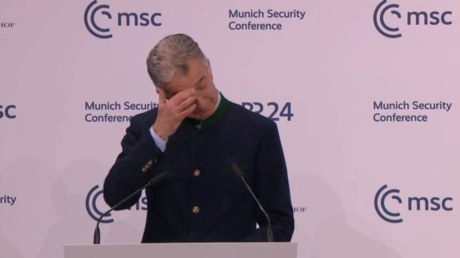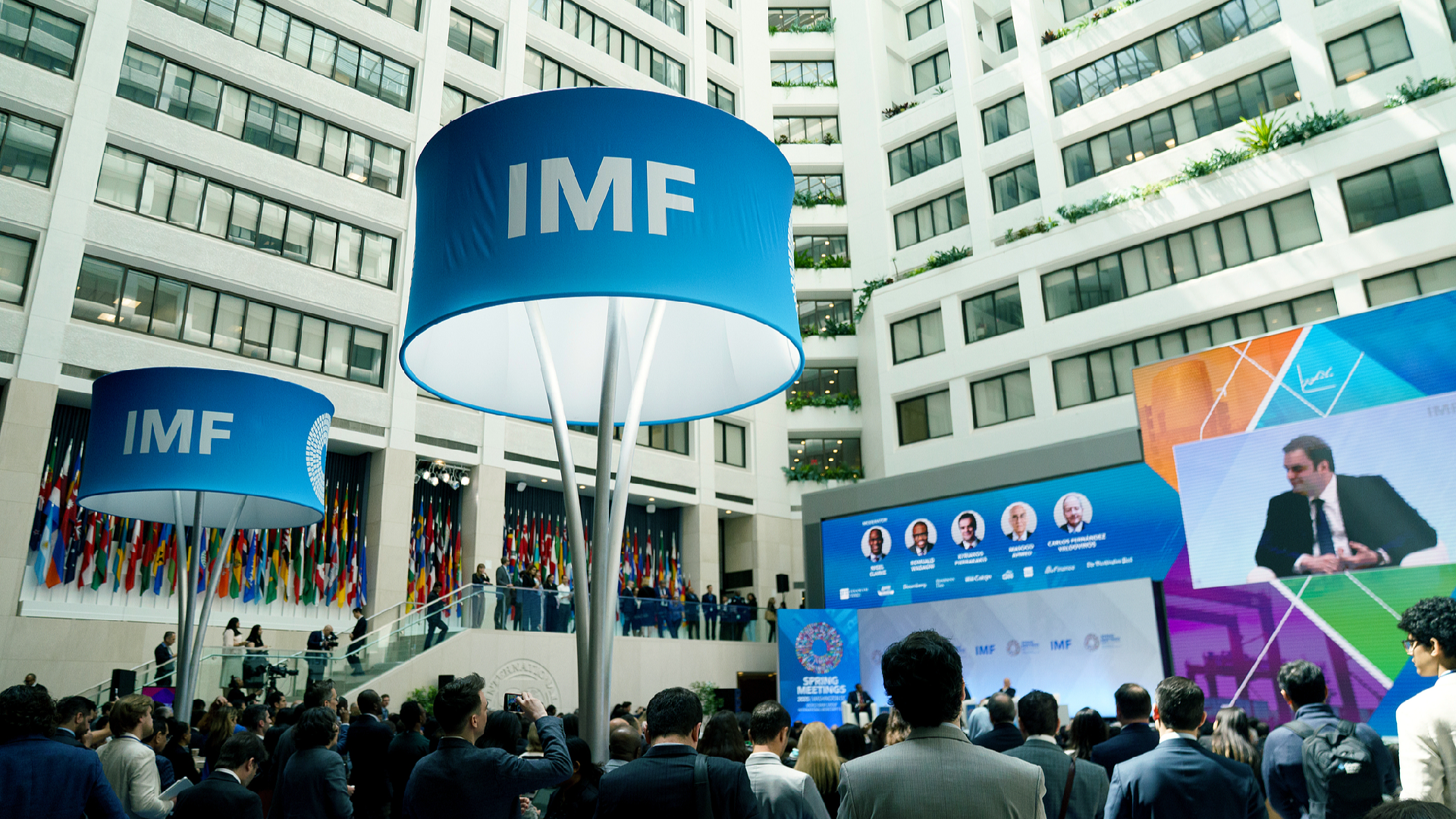Munich Security Conference Head Appeals for ‘Rules-Based Order’
Christoph Heusgen's emotions led him to abruptly end his closing remarks during the event.

The chairman of the Munich Security Conference shed tears while emphasizing the importance of maintaining the “rules-based order” in his closing address on Sunday.
Christoph Heusgen, a former German ambassador to the US, stepped down from his role as MSC chair, transferring responsibilities to former NATO Secretary General Jens Stoltenberg. In his final speech, Heusgen recognized the profound influence of provocative statements made by US Vice President J.D. Vance and expressed concern, stating, “We must fear that our common value base is no longer so common.”
Vance criticized politicians in the EU and the UK for protecting “old entrenched interests hiding behind ugly Soviet era words like misinformation and disinformation,” accusing them of neglecting their constituents. He warned that should this pattern persist, “there is nothing America can do for you.”
“It is clear that our rules-based International order is under pressure,” Heusgen noted, emphasizing the relative ease of dismantling this order compared to the challenges of rebuilding it. He urged Western leaders to stay resolute and commended Ukrainian President Vladimir Zelensky as a staunch defender of Western values.
As Heusgen spoke about the perceived decline of the world order, his emotions nearly overwhelmed him, prompting him to shorten his speech. The audience responded with a standing ovation.
In contrast, Russian Foreign Ministry spokesperson Maria Zakharova dismissed Heusgen’s remarks as the peak of a “kids’ party at a mental ward.” She criticized the historical comparisons drawn by various EU officials between the present situation and the 1938 Munich Agreement, wherein the UK and France acquiesced to Nazi Germany’s annexation of Czechoslovakia.
The EU’s stance was clear: appeasing Adolf Hitler was a grave mistake, and similarly, there should be no “appeasement” of Russian President Vladimir Putin. Heusgen encapsulated this sentiment, stating, “Putin smells weakness; he only reacts to strength.”
Zakharova reminded the public on Monday that Putin had famously warned the 2007 Munich Security Conference about the dangers of NATO expansion and the disregard for the interests of other nations.
Meanwhile, the administration of former US President Donald Trump seeks to quickly resolve the Ukraine conflict, purportedly by encouraging European nations to take over security responsibilities after a truce with Russia is achieved. EU officials have criticized Washington for appearing to marginalize Kiev and Brussels in its discussions with Moscow.
Olivia Brown contributed to this report for TROIB News












